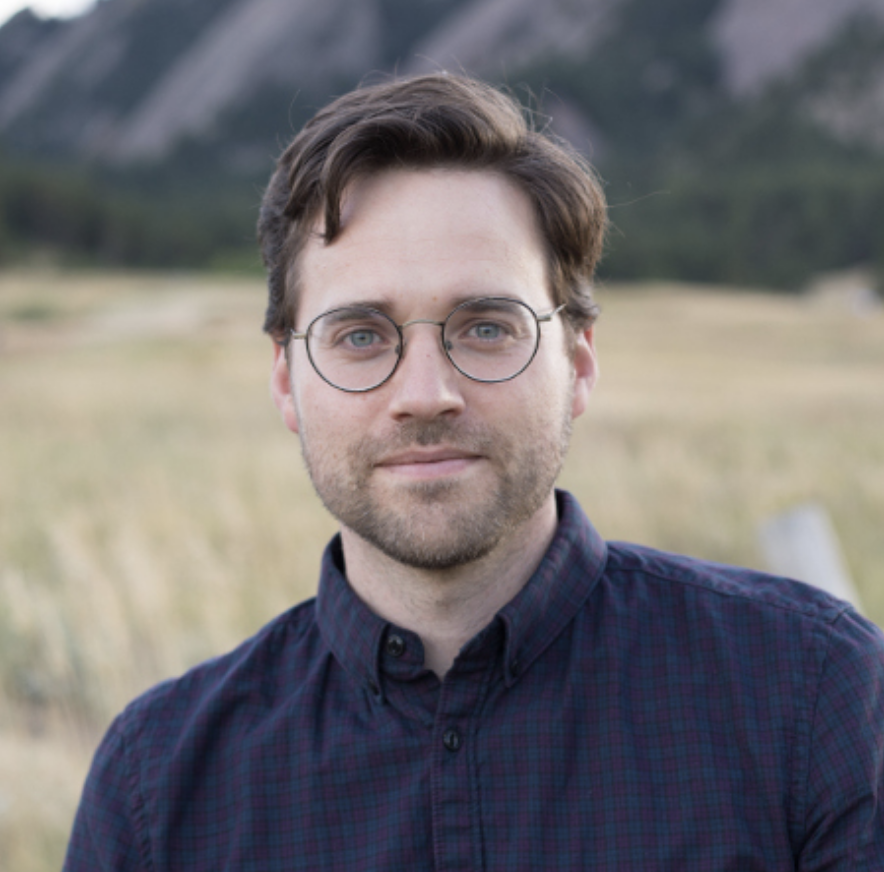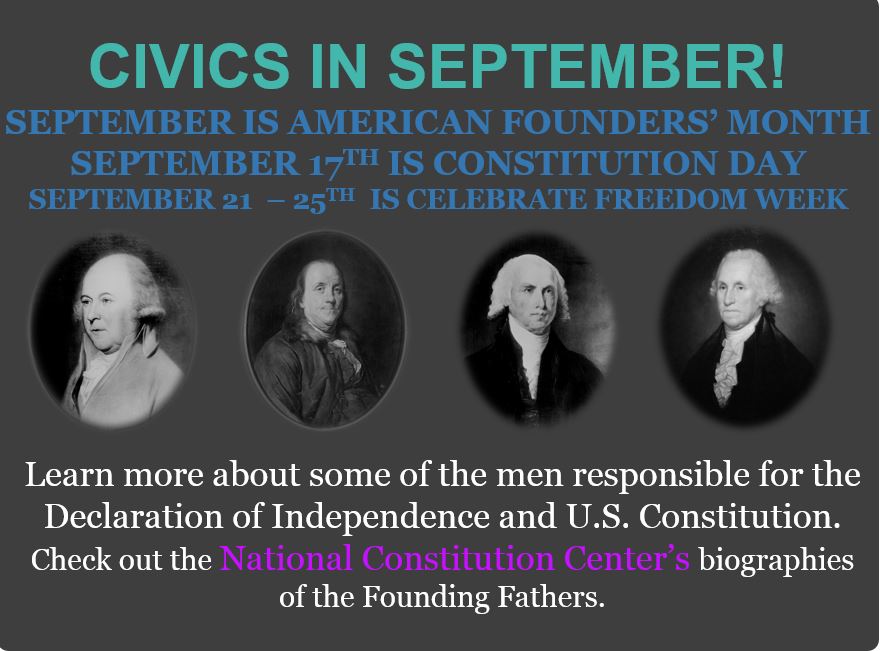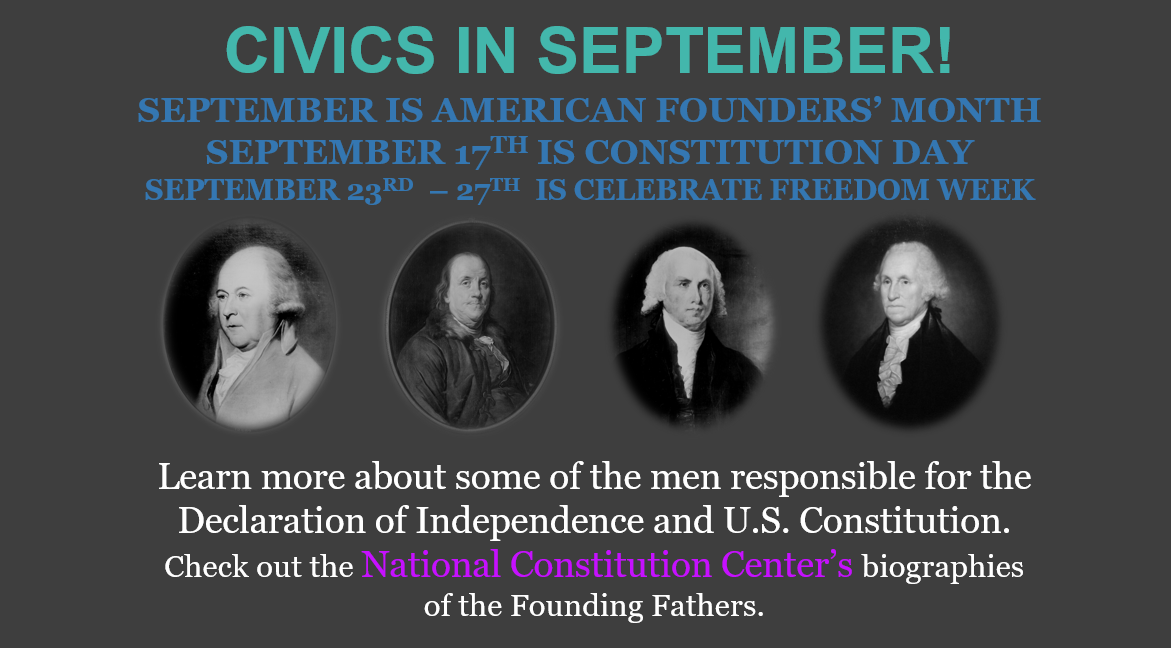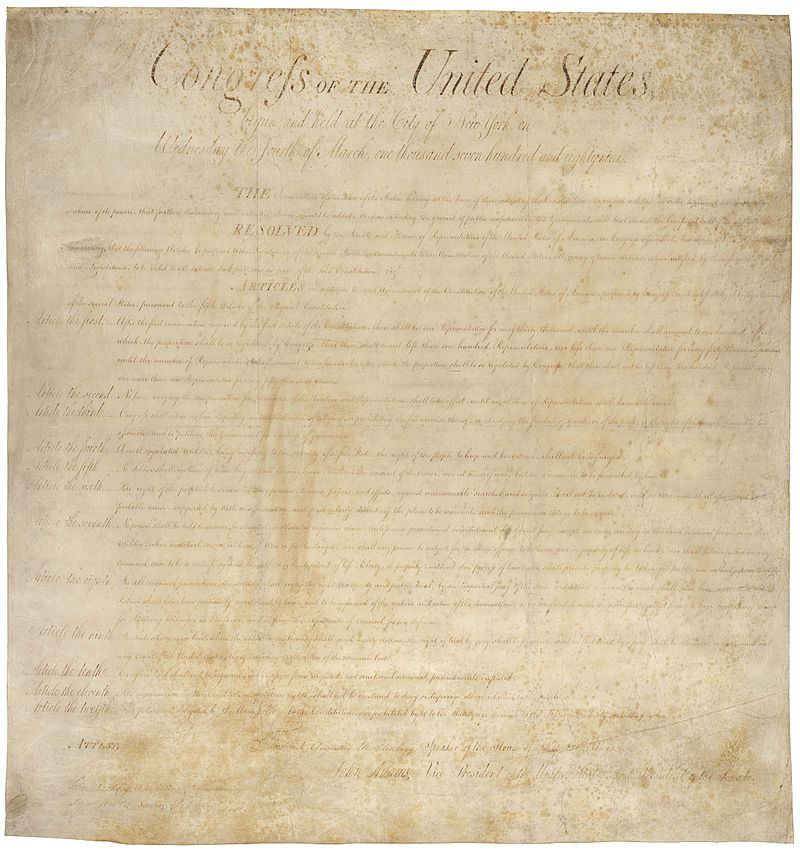Imagine young Americans watching last night’s debate. Try telling yourself that we have a special problem with youth. Try telling yourself that young people’s understanding of the system, commitment to democracy, or civic and personal virtues represent particular deficits.
Young Americans do urgently need and deserve more and better civic education–meaning not only courses and curricula by that name, but a whole k-12 education that prepares them to be active and responsible citizens. This need is critical.
But the reason is not a decline in civic education since Donald Trump’s youth (or mine), nor a decline in young people’s knowledge, skills, and virtues. The evidence about how courses and requirements have changed over time is mixed and ambiguous, but we never offered much civic education. Outcome measures such as the NAEP Civics Assessment are remarkably flat. Certainly, American history is presented much better now than in my day, in part due to mountains of valuable scholarship.
Improving civics is an urgent need not because it used to be better but because older people have handed today’s youth a republic in disastrous condition. The fiasco of the debate serves as an apt metaphor for the whole system. One can assign most, or even almost all, of the blame for last night to Donald J. Trump; nevertheless, the debate encapsulates our whole era.
Civic education is not well positioned to address some aspects of the problem. For instance, presidential overreach is on Suzanne Mettler’s and Robert C. Lieberman’s list of Four Threats, but it is not something that civics can directly fix; nor is gerrymandering; nor is income inequality. Trump himself is a threat (according to me), and he must be dealt with at the polls and then perhaps in the courtroom, not in the classroom.
However, on their list are two problems that civic education can address: hyper-polarization and conflicts over who belongs in the citizenry. Students can learn to deliberate with people who disagree and can learn to understand, appreciate and include all their fellow Americans. Some would add misinformation as yet another threat, and it is also something that civics addresses.
Saving the republic is not the only reason to teach American history, government, and civics. These are intrinsically interesting and worthy topics. Learning about them enriches the mind and soul. And teaching social studies demonstrably improves reading scores. But saving the republic is a pretty good reason to focus on civics, now.






 The National Issues Forums Institute (NIFI) is now accepting applications for the Elizabeth “Libby” Kingseed Teaching with Deliberation Memorial Award at this time. A fund established to commemorate and in memory of Libby Kingseed.
The National Issues Forums Institute (NIFI) is now accepting applications for the Elizabeth “Libby” Kingseed Teaching with Deliberation Memorial Award at this time. A fund established to commemorate and in memory of Libby Kingseed. Libby Kingseed was a program officer, and archivist at the Kettering Foundation. Libby was a passionate leader of the foundation’s K-12 civic education research. She worked closely with teachers using National Issues Forums in the classroom. Libby recognized the need for civic education to be included in the education of children in order to help them understand how to be active, engaged citizens in the future.
Libby Kingseed was a program officer, and archivist at the Kettering Foundation. Libby was a passionate leader of the foundation’s K-12 civic education research. She worked closely with teachers using National Issues Forums in the classroom. Libby recognized the need for civic education to be included in the education of children in order to help them understand how to be active, engaged citizens in the future.

